AI in Education
Artificial Intelligence (AI) is transforming education through enhancing convenience, performance, and flexibility of learning. Solutions based on AI will adapt to the specific styles of learning, rates and accomplishments of each learner, generating specific advice and content that promotes retention and comprehension. Virtual teaching assistants and intelligent mentoring services favour of students through offering instant support and explanations outside of regular classroom hours. AI also assists teachers by automating routine tasks includes lesson planning, attendance evaluating, and grading, enabling them up for focusing more on instructing and interactions with students. Early remedies can be made accessible by AI-driven analytics, which also assist in discovering the students who might have been developing difficulties. All things considered, AI is fostering more effective, flexible and inclusive learning environments for educators and students.
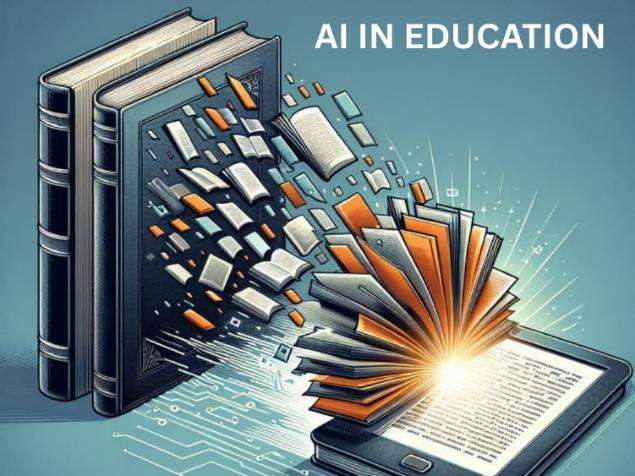
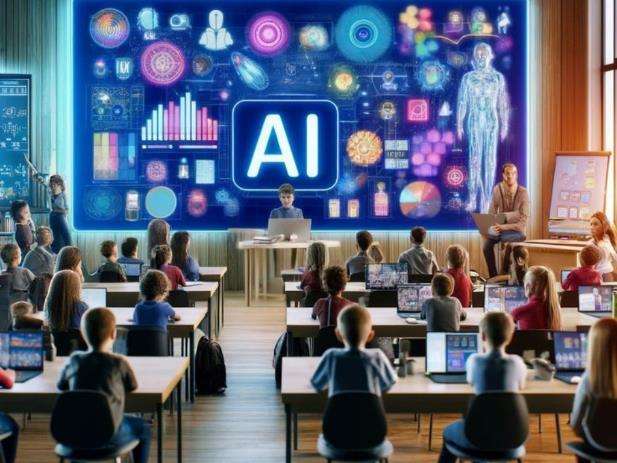
Importance of AI in Education
The ability of artificial intelligence (AI) to transform existing methods of teaching and learning into more customized, successful, and accessible experiences is what defines it as crucial to the field of education. AI enables adaptive learning platforms probable, enabling promote student engagement and academic achievement by adapting content to each student’s pace, areas of strength, and areas for progress. By automating repetitive responsibilities like grading and administrative work, it assists teachers by releasing them up to focus more on learning and student interaction.
Personalised Learning
Personalised learning powered by artificial intelligence alters the content and pace to full fill the needs of each learner. Personalised learning has been interpreted as modifying instruction, content, and learning pace to each student’s unique needs, interests, talents, and objectives Personalised learning applies tools—often impacted by AI and technology—to modify lessons and feedback in real time, instead of to a one-size-fits-all strategy.

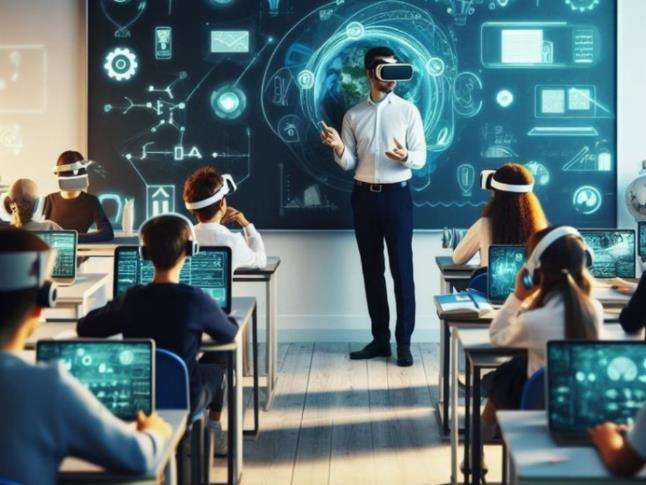
Systems in Intelligent Tutoring
AI-powered tutors offer right away assessments and on-demand coaching .Intelligent Tutoring Systems (ITS) have been computer-based courses which employ artificial intelligence to recreate one-on-one human tutoring. By assessing how they react, assessing their abilities and weaknesses, and swiftly offering customized assistance, practice, and tips, these systems adjust to each student’s special requirements for learning.
Administrative Task Automation
AI automates scheduling, attendance evaluation, and grading. Administrative Assignment The use of technology, especially artificial intelligence (AI), to manage repetitive and time-consuming tasks that usually get done by teachers or faculty members is termed as automation in education. Assignment grading, attendance recording it, class scheduling, student tracking, and progress report creation are some of these tasks.
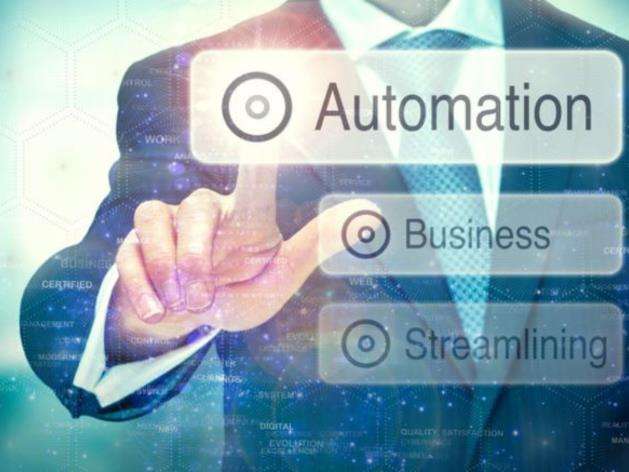

Learning Analytics
Supports to identify learners that are at risk and anticipates how well they will do. With the goal to boost educational outcomes, learning analytics requires collecting, evaluating, and interpreting data about students and how they study. Scores from tests, digital participation, task completion time, and more can all be included in this data. Teachers may learn more about how students are learning, spot those who might be having challenges, and modify the way they teach or offer focused help through using AI and data science-powered solutions.
24/7 Access to Learning Support
Furthermore to regular school hours, students who have on going access to learning support can receive textbooks and aid at any time of day or night. Chatbots, virtual tutors, and online learning platforms allow students to review material, ask questions, and get clarifications whenever they need them. On going accessibility builds self-directed learning, supports students with busy schedules or in alternate time zones, and guarantees that assistance is always available—particularly crucial for those who might find it difficult to keep up during regular school hours.

Efficiency for Teachers
With the assistance of chat bots, virtual tutors, and online learning platforms, learners can review content, ask questions, or acquire explanations whenever they need them. Constant accessibility boosts self-directed learning, encourages students in various time zones or with busy schedules, and assures that help is always available—especially vital for learners who may locate challenging to keep up during regular school hours.

Early Intervention
In the setting of education, early intervention is the quick identification and support of youngsters demonstrating behavioural problems, issues with learning, or academic difficulties. Educators can keep an eye on student performance and spot patterns that can point to an issue, such diminishing grades, low involvement, or frequent attendance, by using AI and data analysis. Being aware of such signs permits learners and support personnel to respond with concentrated support, personalized instruction, or more resources.

Smart Content Creation
In the field of education, smart content creation is the method that employs artificial intelligence (AI) methods and tools in order to generate superb educational resources, include lesson plans, quizzes, flashcards, summaries, and fun activities. For offering resources that are suited to various learning levels and styles, these tools analyse educational standards, student performance details, and subject matter content. In along with conserving teachers time, this assures that the content remains fresh, fascinating and relevant.
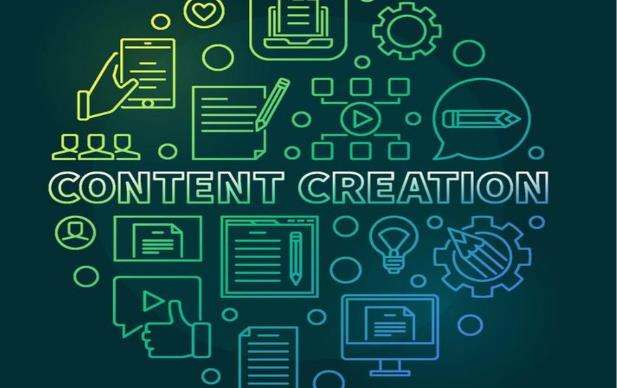
Inclusive Education
Ensuring that every learner have equal access to high-quality instruction in a supportive environment, irrespective of their academic needs, backgrounds, abilities, or disabilities, is the aim of inclusive education. Getting to inclusive education is made possible by AI and assistive technologies like speech-to-text, text-to-speech, real-time translation, and personalized learning platforms.
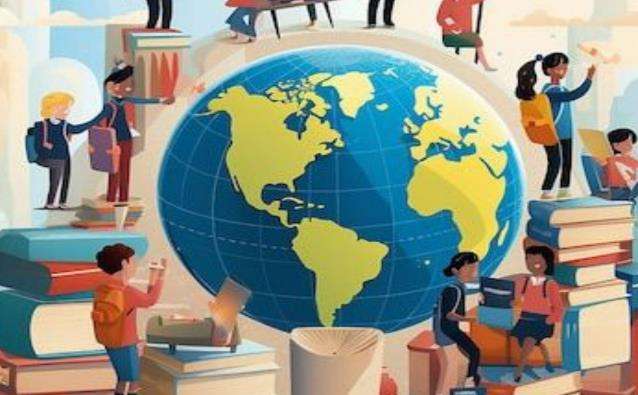
Global Learning Opportunities
The concept of “global learning opportunities” implies that learners and educators around the world can connect and access education across national borders owing to digital technology and artificial intelligence (AI). Thanks to online platforms, virtual classrooms, and AI-powered innovations, people from different countries and backgrounds are now able to find excellent educational resources, courses, and professional guidance regardless of their physical location. This promotes mutual understanding, global cooperation, and equitable access to knowledge, especially with students in excluded or remote regions.

AI has an opportunity to transform education by improving efficiency, diversity, and customization. It is far more than a passing trend. AI promotes teaching and learning when implemented accurately, determining education’s future.
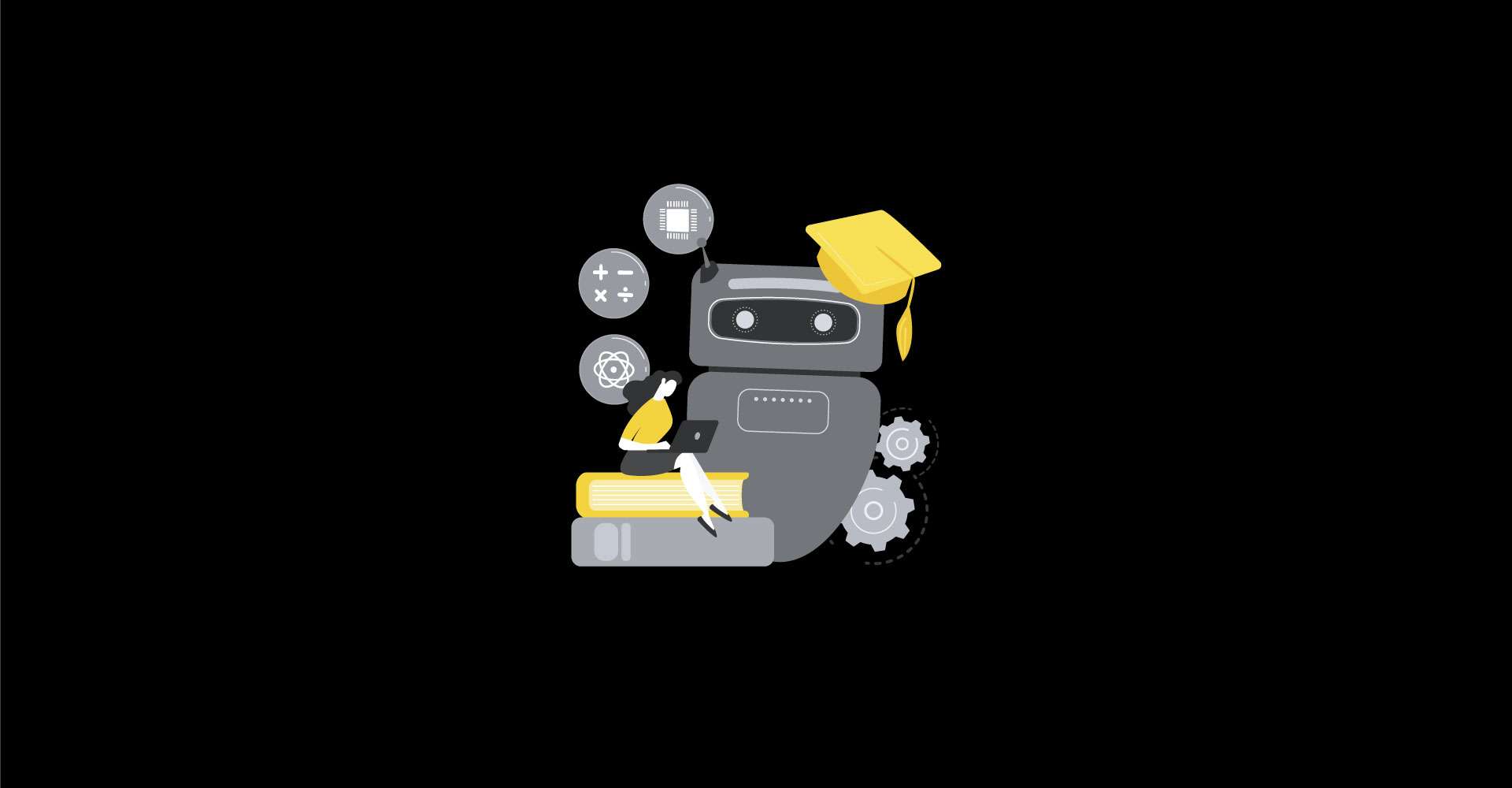
No Comments